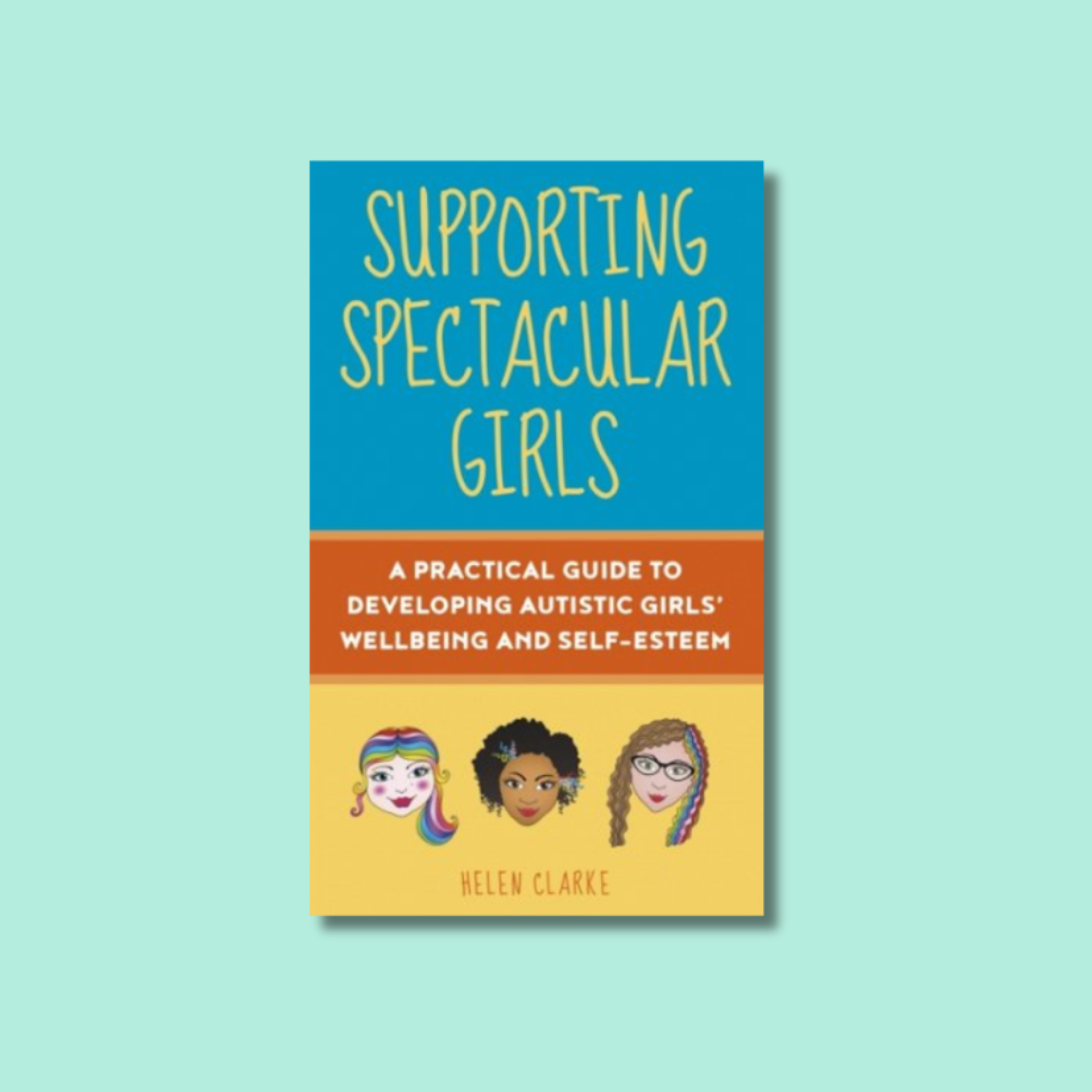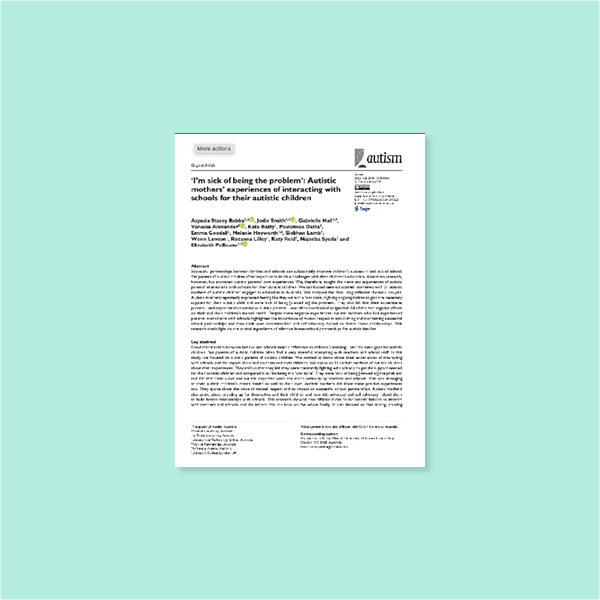 Image 1 of 1
Image 1 of 1


Experiences of Interoception and Anxiety in Autistic Adolescents: A Reflexive Thematic Analysis.
Kiera et al., 2025
Anxiety is common in autistic adolescents and may be influenced by how they perceive and interpret bodily signals like heartbeat or hunger. Interviews with 13 autistic teens revealed that both heightened and reduced awareness of these signals could contribute to anxiety, with negative interpretations often increasing distress. The relationship between bodily signals and anxiety varied widely between individuals and was influenced by context.
Kiera et al., 2025
Anxiety is common in autistic adolescents and may be influenced by how they perceive and interpret bodily signals like heartbeat or hunger. Interviews with 13 autistic teens revealed that both heightened and reduced awareness of these signals could contribute to anxiety, with negative interpretations often increasing distress. The relationship between bodily signals and anxiety varied widely between individuals and was influenced by context.






